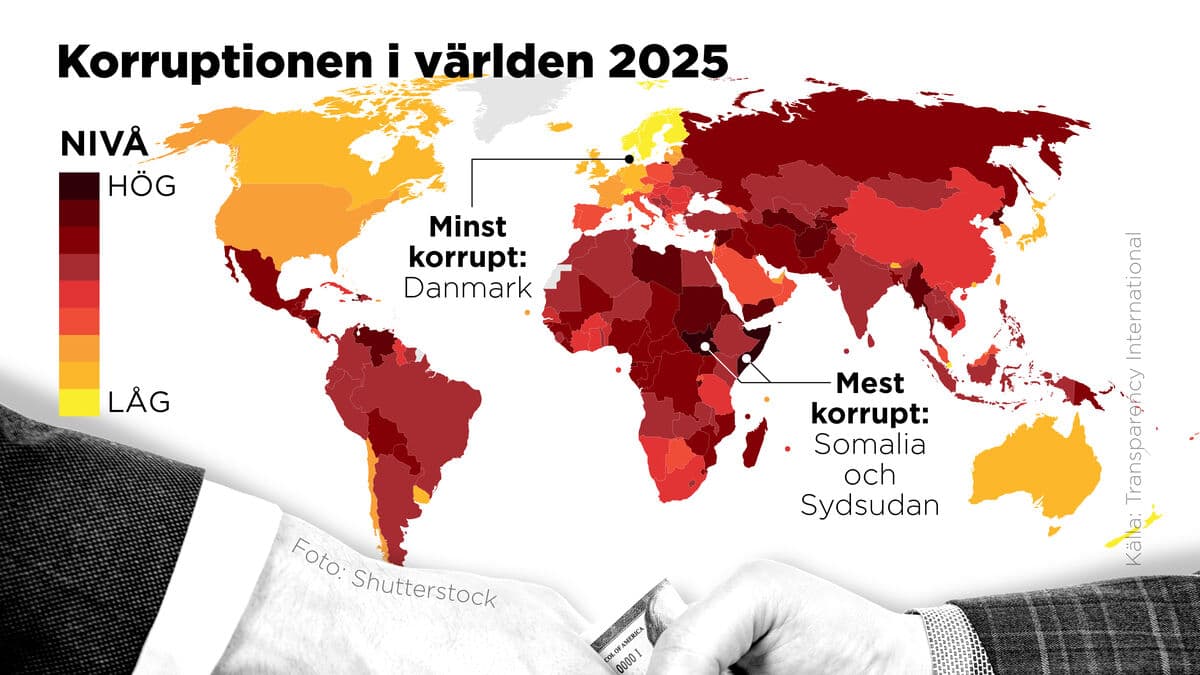A member state can invoke Article 4 of NATO's rules if its own security is deemed threatened. This has only happened seven times before in the history of the defense alliance and primarily involves consultation between member states.
The one incident has triggered the next in the Baltic Sea. These various hybrid activities will not stop, and we cannot have a situation where we react to each incident individually, but rather need to take a comprehensive approach, an overarching strategy from NATO's side, says Peter Hultqvist (S).
"Ready to act"
The Swedish government should, according to Hultqvist, open up for consultations with the countries around the Baltic Sea and raise the issue in the North Atlantic Council.
Just the fact that we start discussing Article 4 sends a signal that we take this situation very seriously. Those who engage in this type of undermining antagonistic activities should understand that we understand what is happening and are ready to act, he says.
Foreign Minister Maria Malmer Stenergard (M) says in a written comment to TT that the government is closely following the development and "rules out nothing".
"With that said, it's also important to keep a cool head", she writes, adding:
"Sweden welcomes yesterday's announcement from NATO's Secretary-General Rutte that NATO will increase its presence in the Baltic Sea."
Creating anxiety
According to Article 4 of NATO's statutes, "the countries shall consult together whenever any of them considers that its territorial integrity, political independence, or security is threatened".
We must expect a relatively high level of tension for a long time to come. These activities are about sabotaging our daily operations and creating a situation of confusion and anxiety. To handle them, we need a deeper and more thought-through strategy than the one we have today, says Peter Hultqvist.






